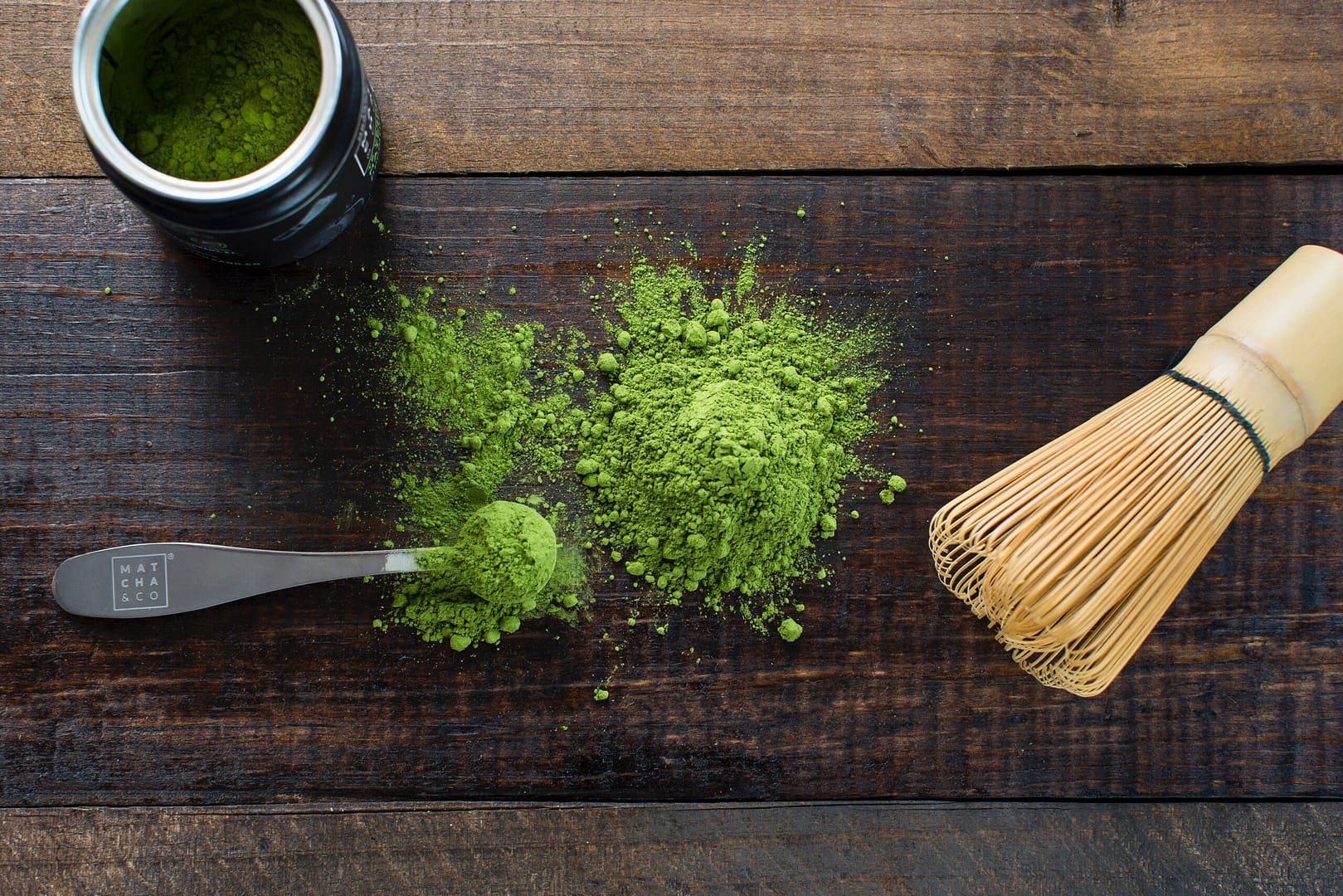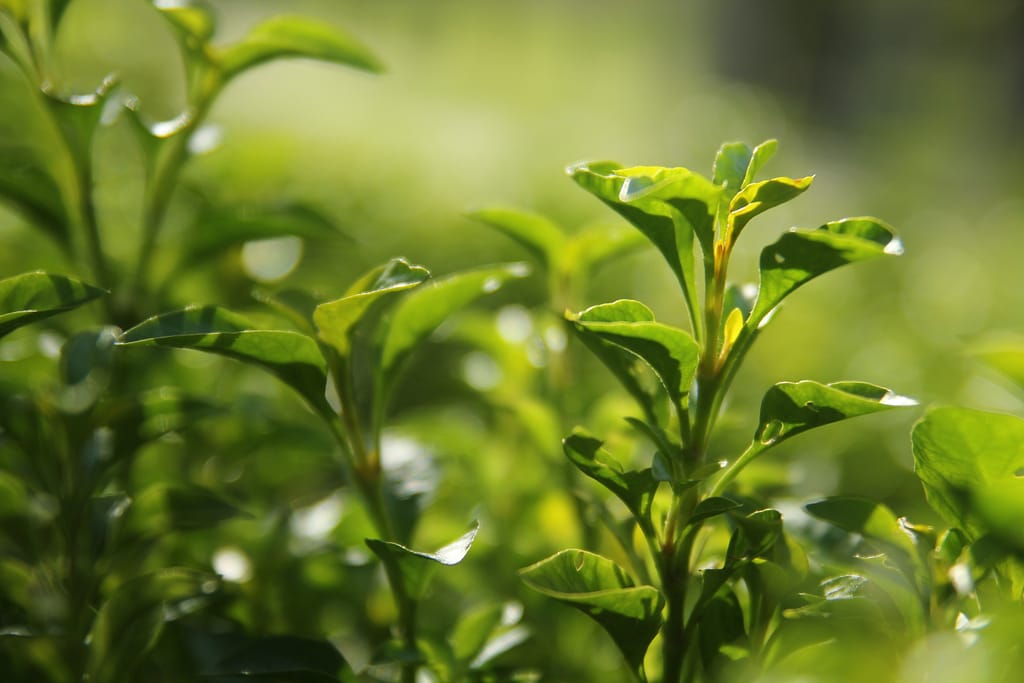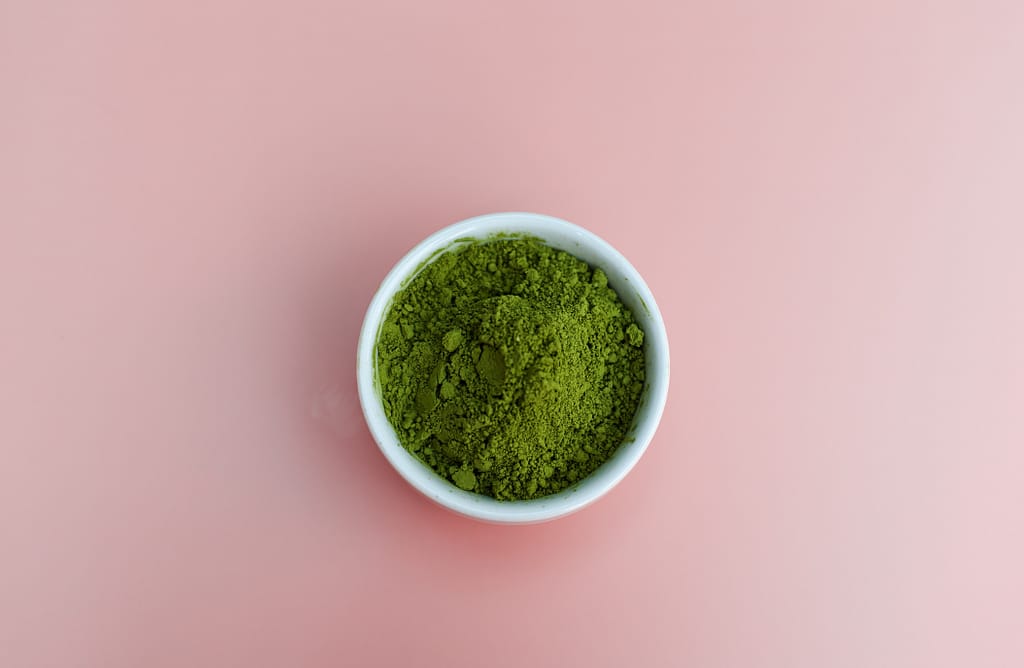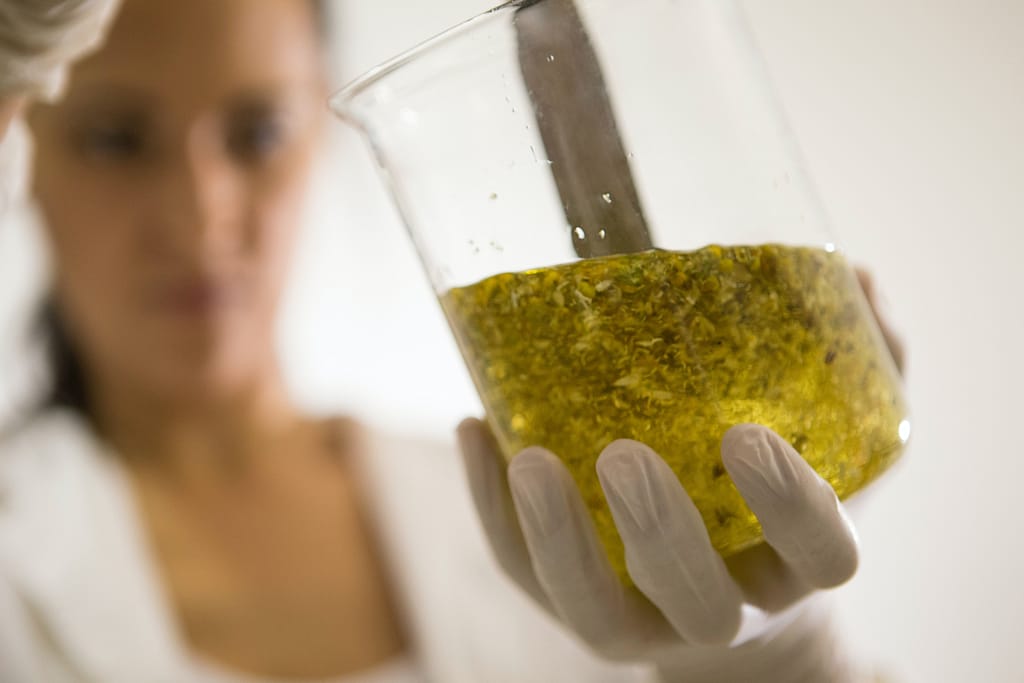
Unlocking the Nutritional Power of Matcha 101
For centuries, we’ve savored the familiar tastes of tea and coffee, whether in the form of a refreshing iced tea, a delightful bubble tea, a robust cappuccino, or a creamy shake. But what if we told you there’s a completely different world of flavors waiting to be explored? Imagine sipping on a beverage that not only tantalizes your taste buds but also nourishes your body. Enter matcha, a vibrant and nutrient-packed elixir that’s as delicious as it is healthful.
Table of Contents
What Exactly Is Matcha?
Matcha is a potent green tea variant made from the tender leaves of the Camellia sinensis plant, a close relative of the decorative camellia plant. The hallmark of premium quality matcha is its distinctive flavor, often described as umami, and its vibrant emerald green hue. Achieving this unique state involves a delicate, intricate, and time-consuming production process. Matcha has been a cherished beverage in Japan since the 12th century, initially gaining popularity among monks due to its remarkable ability to enhance calmness and maintain alertness—ideal for long hours of meditation.

The Art of Crafting Matcha
Premium-grade matcha is exclusively crafted from the youngest leaves harvested during the spring. To ensure optimal chlorophyll production and a smoother taste, tea bushes are carefully shaded for up to three weeks before harvesting. Exposure to sunlight prior to this period can cause the theanine in the tea leaves, responsible for its sweet and savory notes, to convert into bitter-tasting catechins. Matcha production also involves a unique grinding process, utilizing large stone mills with a network of grooves. It takes about an hour to produce just 50g of matcha powder, emphasizing the meticulous nature of this art.

How Does Matcha Differ from Traditional Teas and Coffees?
One of the most striking differences when you first try matcha is its flavor profile. It’s so distinct that you might find yourself questioning whether it’s even tea at all. Matcha offers a lush and creamy taste reminiscent of an avocado smoothie. This unique flavor is achieved by finely grinding the leaves into a powder and consuming them whole. Unlike traditional teas, there’s no need for brewing; matcha presents itself as a fine powder, ready to be incorporated into almost anything. However, it’s crucial to select premium-quality matcha for a smoother, more enjoyable taste. High chlorophyll content gives premium matcha its vibrant green color, which serves as a reliable indicator of its quality. If the color even remotely resembles pale yellow, as seen in regular green tea, the matcha is likely to taste bitter and lack the caffeine content that sets it apart. Opting for premium matcha ensures you won’t miss out on its numerous health benefits.

The Health Benefits of Matcha
Matcha can be considered the concentrated essence of green tea. As its concentration increases, so does the content of flavonoids—phytochemical compounds found in leaves known for their antioxidant, anticancer, anti-inflammatory, and antiviral properties. The efficacy of these benefits hinges on the bioavailability of the flavonoids, which means that the more you consume, the more you stand to gain. Experts estimate that matcha contains a staggering ten times more antioxidants than regular green tea. One of the most prominent antioxidants in matcha is EGCG (Epigallocatechin gallate), renowned for its ability to combat free radicals. Notably, EGCG has been proven to outperform popular skincare vitamins such as C and E, making matcha a natural way to:
- Reduce signs of aging
- Shield the skin against sun damage
- Combat acne and enhance overall skin health

Another significant compound in matcha is caffeine. Matcha boasts a higher caffeine content compared to regular coffee. However, its caffeine is uniquely balanced by the presence of l-theanine, which slows down its absorption. The result is a gradual and sustained release of energy throughout the day, without the jitteriness often associated with coffee. Additionally, matcha has shown promise in reducing cognitive decline. The abundance of polyphenols and amino acids in matcha plays a pivotal role in this regard. A study involving individuals over the age of 60 found that regular matcha consumption over a 12-week period significantly improved memory and recall, suggesting its potential as a supplement for conditions like dementia.

In conclusion, matcha isn’t just another trendy beverage; it’s a nutritional powerhouse. Its exquisite flavor, meticulous production process, and abundant health benefits make it a unique and valuable addition to anyone’s daily routine. Whether you’re looking to boost your antioxidant intake, enhance your skin’s health, or enjoy sustained energy throughout the day, matcha is here to offer an enticing and healthful solution. So why not treat your taste buds and your well-being to the wonders of matcha?



